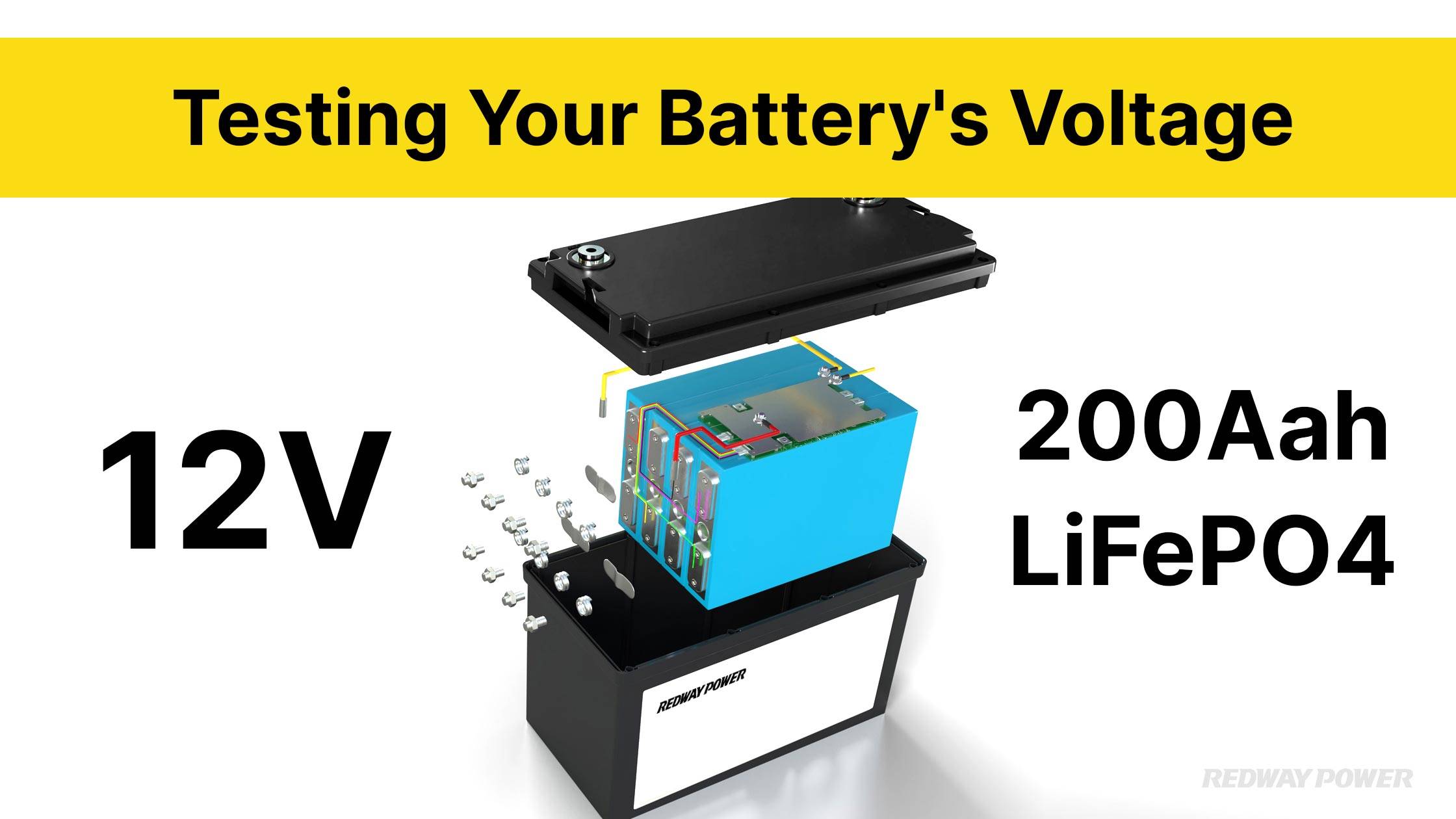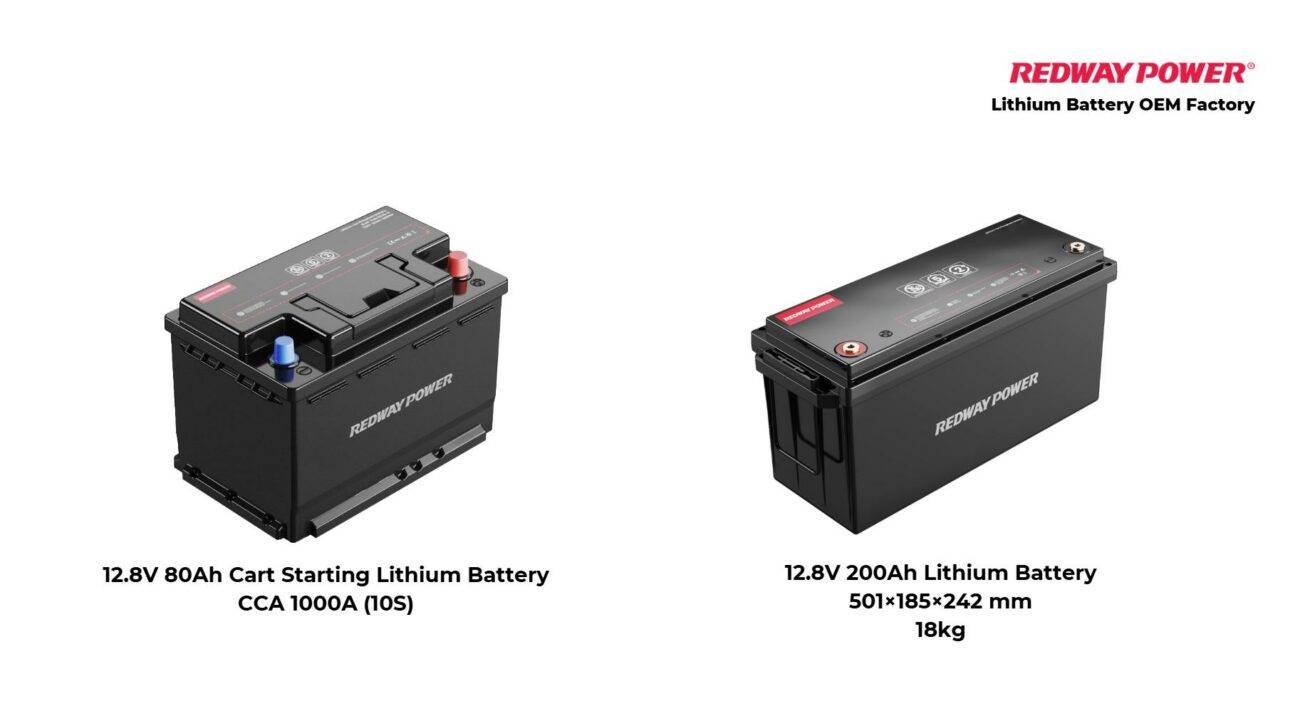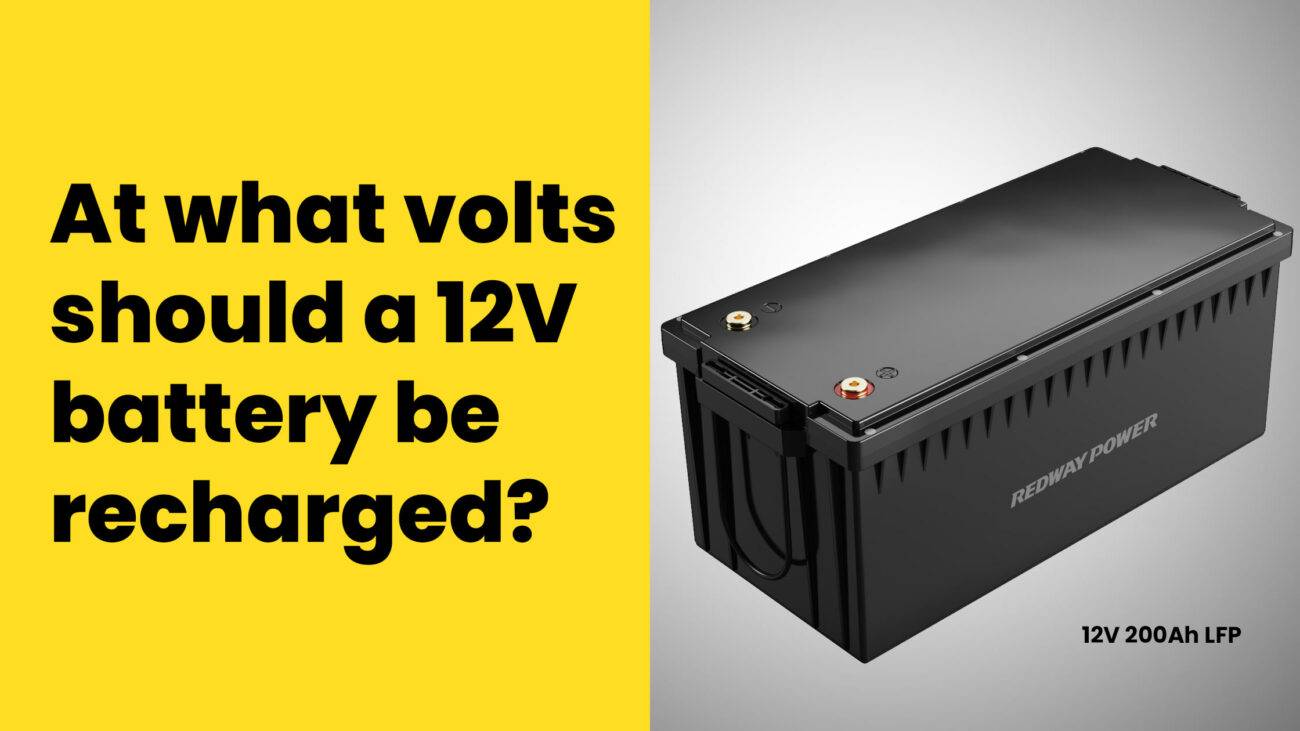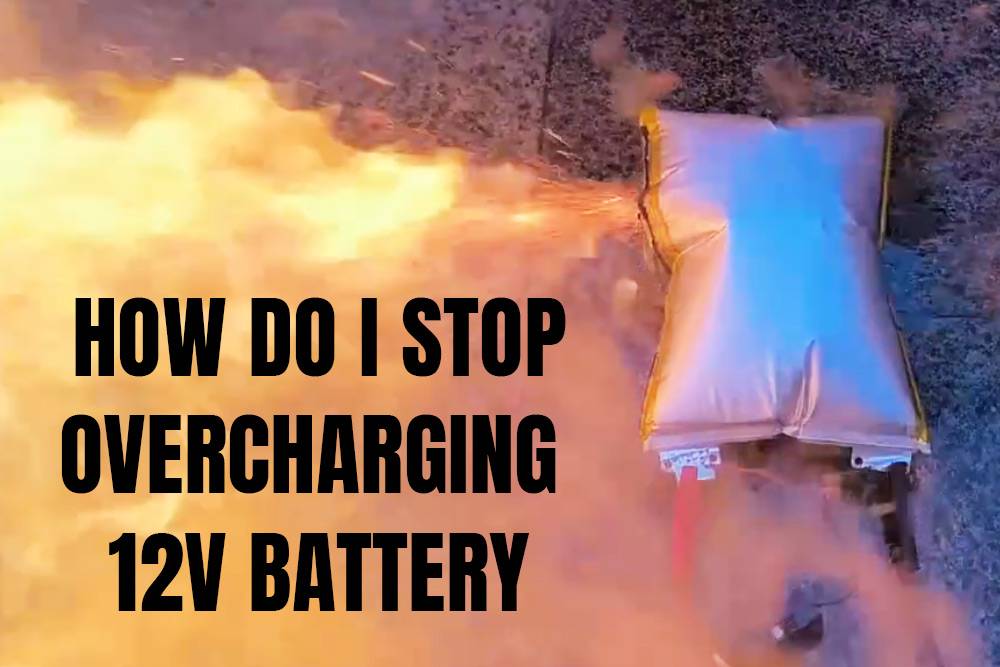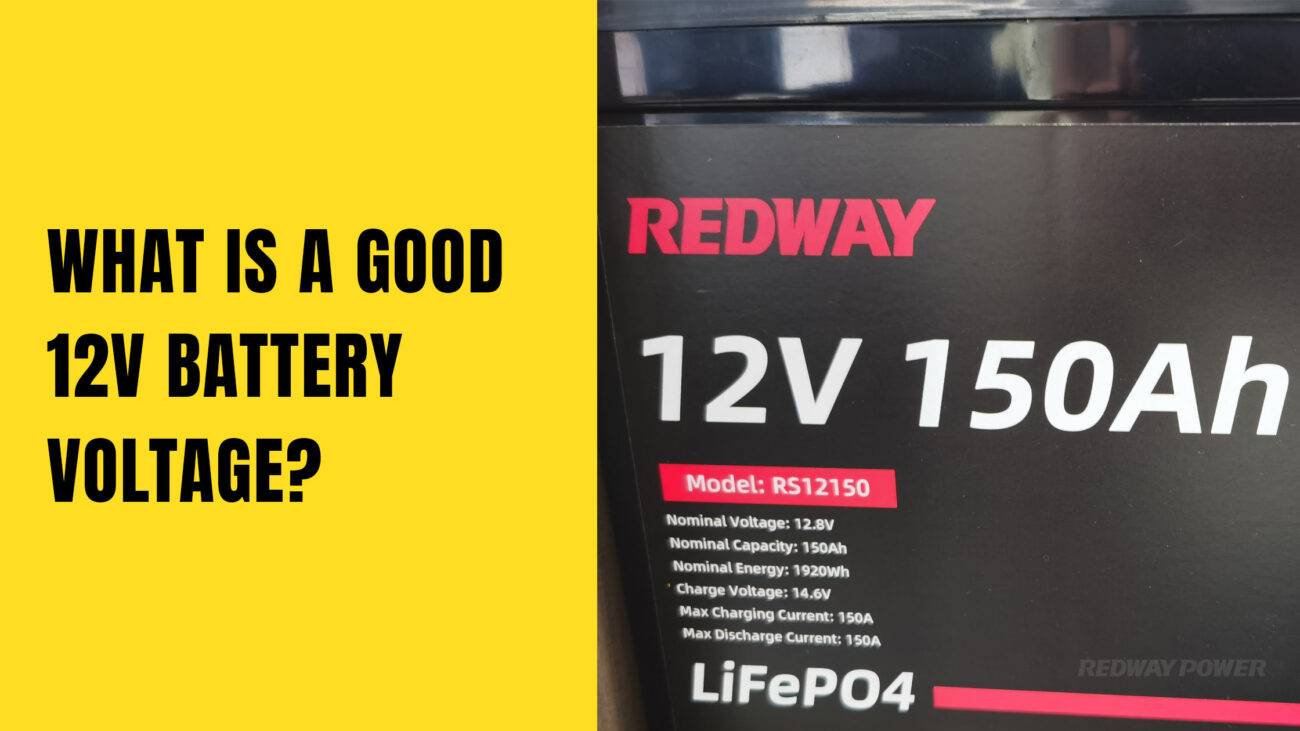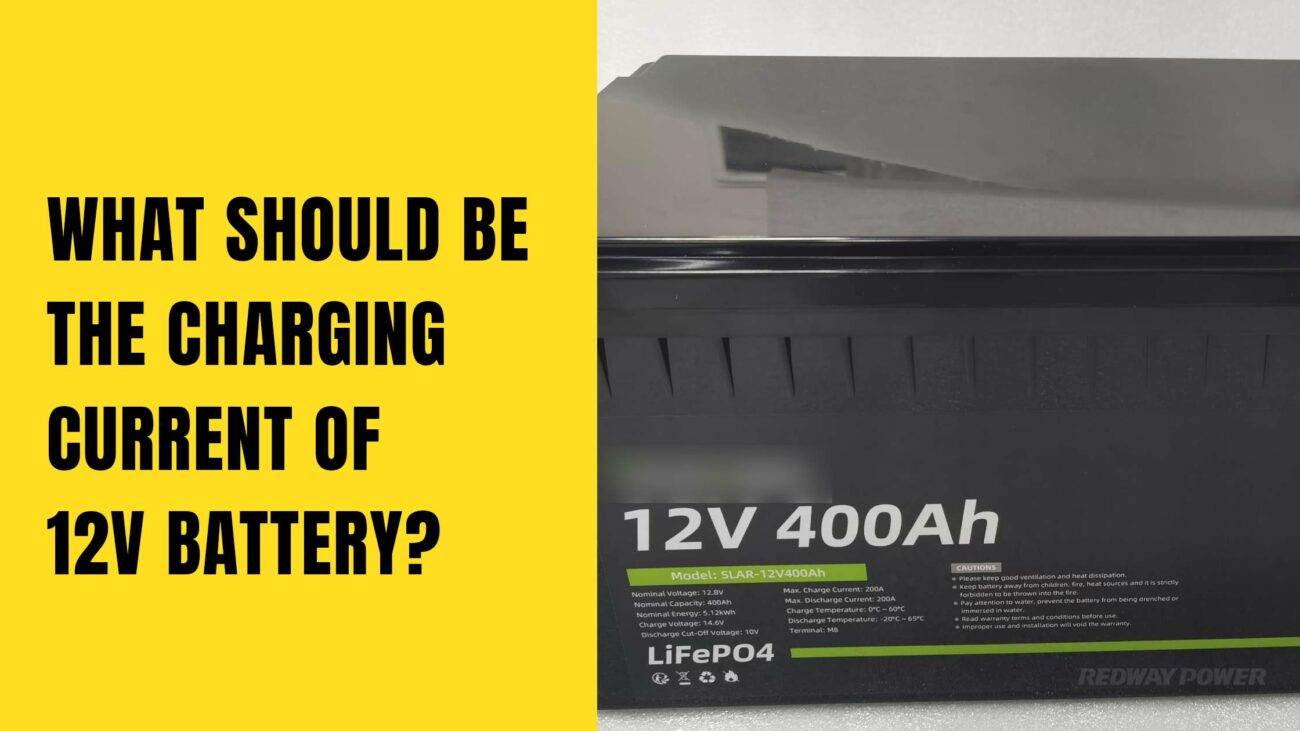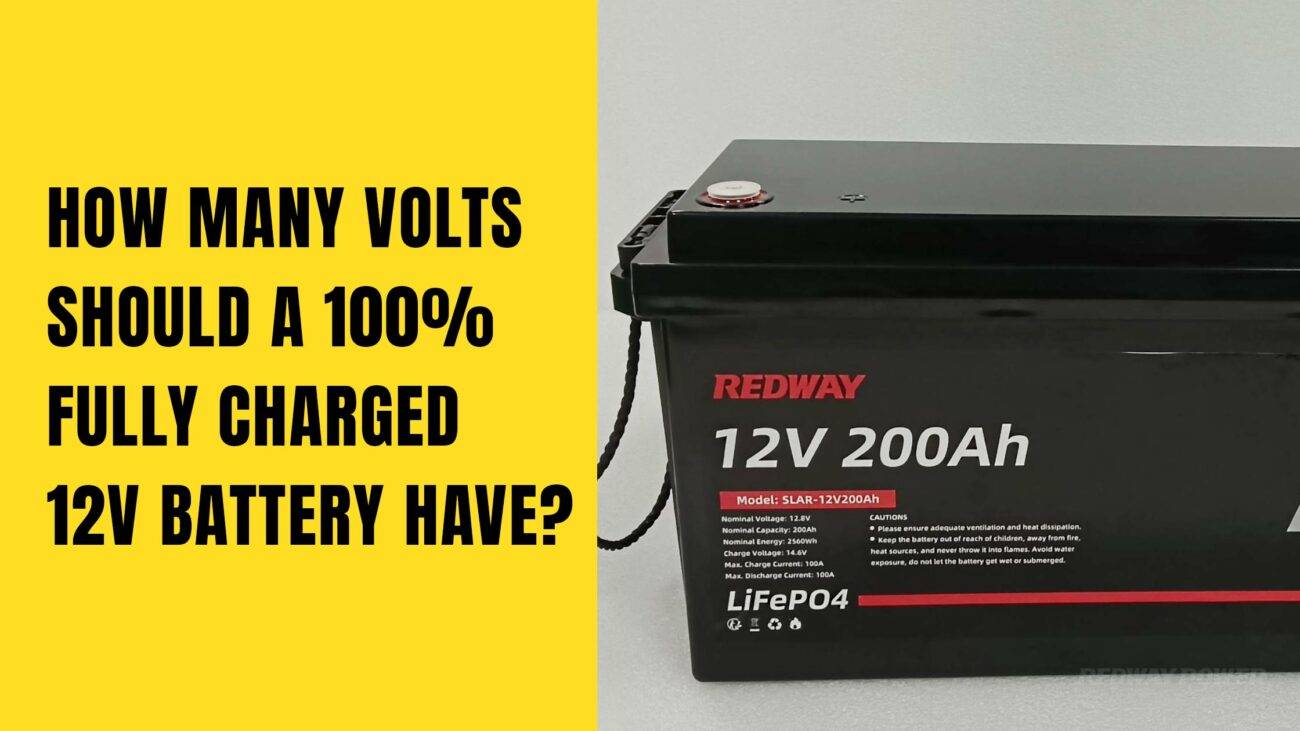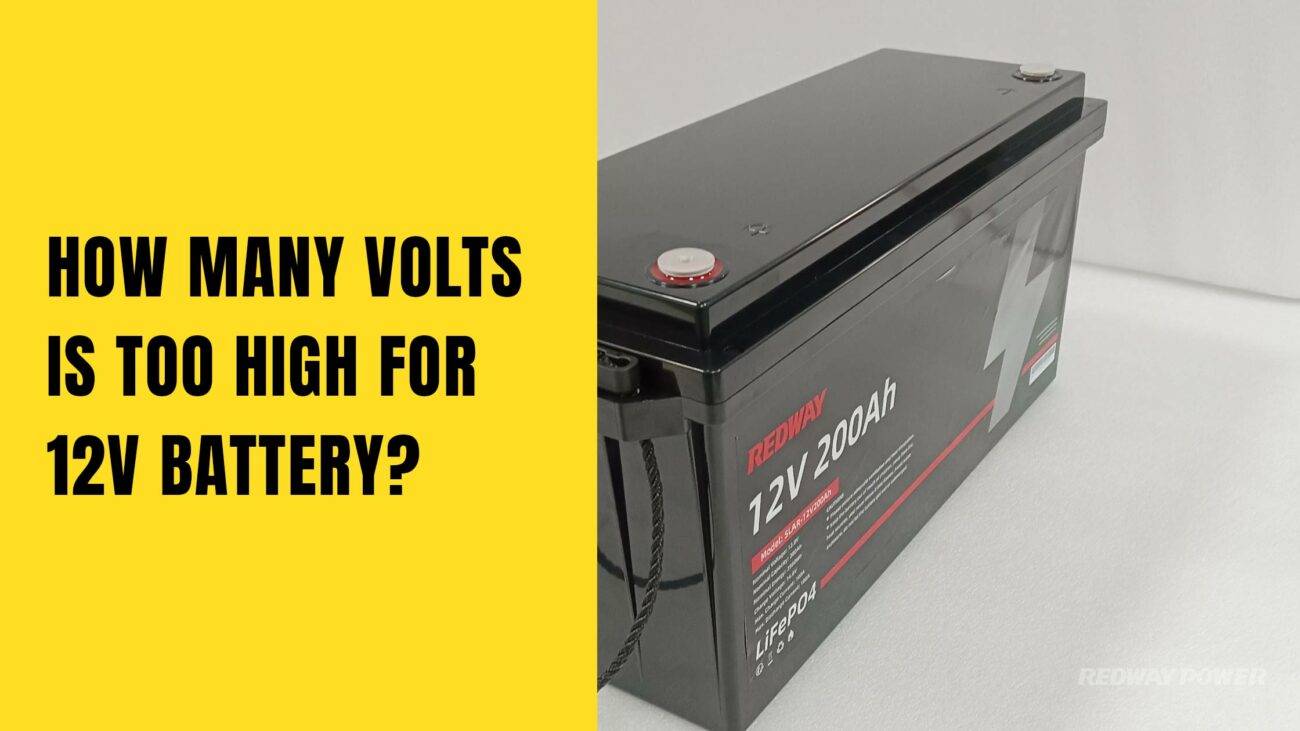- Lithium Golf Cart Battery
- Forklift Lithium Battery
-
48V
- 48V 210Ah
- 48V 300Ah
- 48V 420Ah (949 x 349 x 569 mm)
- 48V 420Ah (950 x 421 x 450 mm)
- 48V 456Ah
- 48V 460Ah (830 x 630 x 590 mm)
- 48V 460Ah (950 x 421 x 450 mm)
- 48V 460Ah (800 x 630 x 600 mm)
- 48V 460Ah (820 x 660 x 470 mm)
- 48V 500Ah
- 48V 560Ah (810 x 630 x 600 mm)
- 48V 560Ah (950 x 592 x 450 mm)
- 48V 600Ah
- 48V 630Ah
-
48V
- 12V Lithium Battery
12V 150Ah Lithium RV Battery
Bluetooth App | BCI Group 31
LiFePO4 Lithium
Discharge Temperature -20°C ~ 65°C
Fast Charger 14.6V 50A
Solar MPPT Charging - 24V Lithium Battery
- 36V Lithium Battery
- 48V Lithium Battery
-
48V LiFePO4 Battery
- 48V 50Ah
- 48V 50Ah (for Golf Carts)
- 48V 60Ah (8D)
- 48V 100Ah (8D)
- 48V 100Ah
- 48V 100Ah (Discharge 100A for Golf Carts)
- 48V 100Ah (Discharge 150A for Golf Carts)
- 48V 100Ah (Discharge 200A for Golf Carts)
- 48V 150Ah (for Golf Carts)
- 48V 160Ah (Discharge 100A for Golf Carts)
- 48V 160Ah (Discharge 160A for Golf Carts)
-
48V LiFePO4 Battery
- 60V Lithium Battery
-
60V LiFePO4 Battery
- 60V 20Ah
- 60V 30Ah
- 60V 50Ah
- 60V 50Ah (Small Size / Side Terminal)
- 60V 100Ah (for Electric Motocycle, Electric Scooter, LSV, AGV)
- 60V 100Ah (for Forklift, AGV, Electric Scooter, Sweeper)
- 60V 150Ah (E-Motocycle / E-Scooter / E-Tricycle / Tour LSV)
- 60V 200Ah (for Forklift, AGV, Electric Scooter, Sweeper)
-
60V LiFePO4 Battery
- 72V~96V Lithium Battery
- Rack-mounted Lithium Battery
- E-Bike Battery
- All-in-One Home-ESS
- Wall-mount Battery ESS
-
Home-ESS Lithium Battery PowerWall
- 24V 100Ah 2.4kWh PW24100-S PowerWall
- 48V 50Ah 2.4kWh PW4850-S PowerWall
- 48V 50Ah 2.56kWh PW5150-S PowerWall
- 48V 100Ah 5.12kWh PW51100-F PowerWall (IP65)
- 48V 100Ah 5.12kWh PW51100-S PowerWall
- 48V 100Ah 5.12kWh PW51100-H PowerWall
- 48V 200Ah 10kWh PW51200-H PowerWall
- 48V 300Ah 15kWh PW51300-H PowerWall
PowerWall 51.2V 100Ah LiFePO4 Lithium Battery
Highly popular in Asia and Eastern Europe.
CE Certification | Home-ESS -
Home-ESS Lithium Battery PowerWall
- Portable Power Stations
How Can I Tell If My 12 Volt Battery Is Bad?
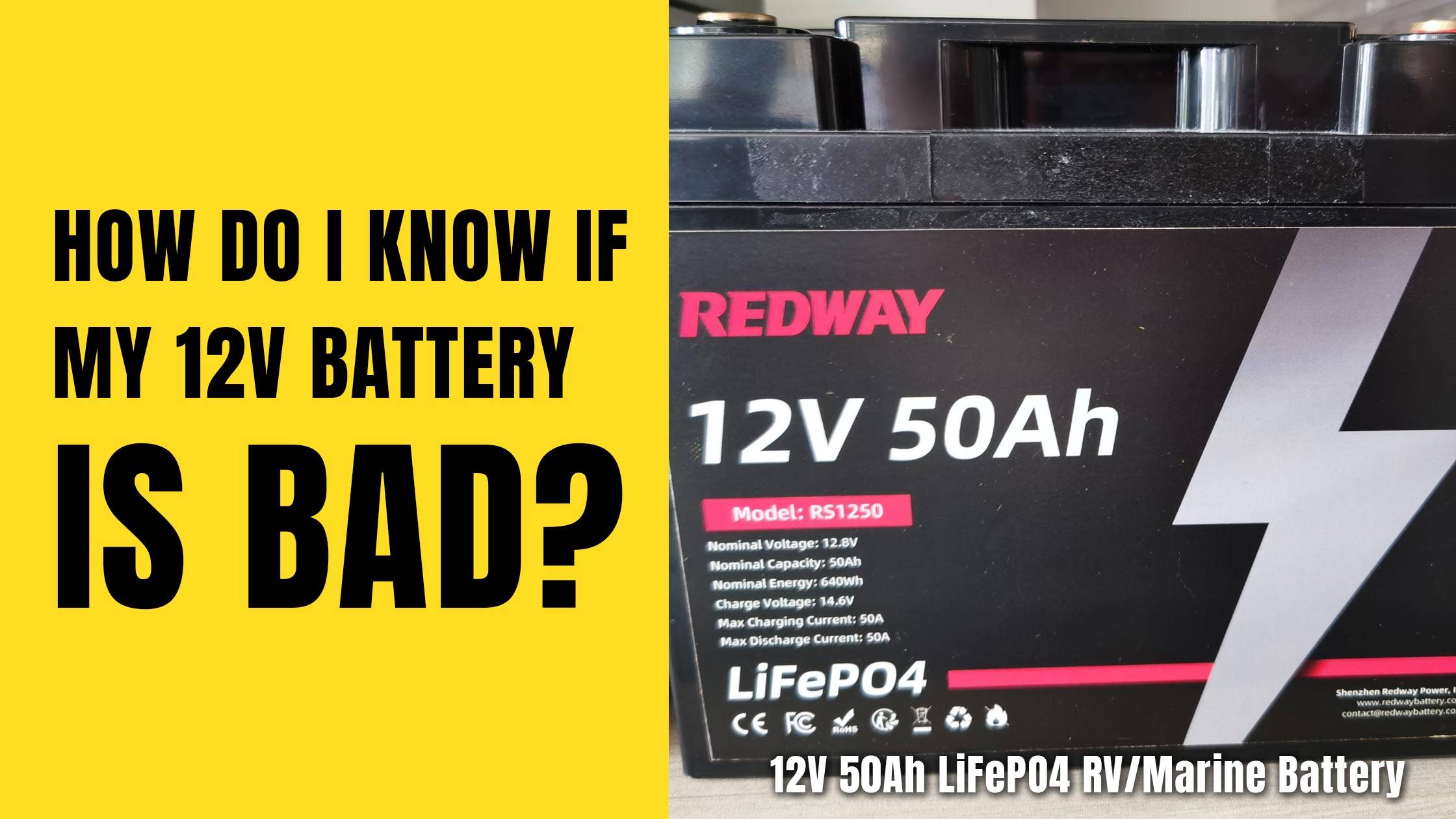
Identifying whether your 12V battery is bad is crucial for ensuring reliable operation of your vehicle or equipment. Common signs include slow engine cranking, dimming lights, and difficulty starting. Regular testing and maintenance can help you determine the health of your battery and when it needs replacement.
What are the signs of a failing 12V battery?
Several symptoms indicate that your 12V battery may be failing:
- Slow Engine Cranking: If your vehicle struggles to start or takes longer than usual, it may indicate a weak battery.
- Dimming Lights: Noticeably dim headlights or dashboard lights, especially when idling, suggest insufficient power.
- Clicking Noises: A clicking sound when turning the key indicates that the starter isn’t receiving enough power.
- Corrosion on Terminals: Visible corrosion around the terminals can lead to poor connections and reduced performance.
Chart: Signs of a Failing Battery
| Sign | Description |
|---|---|
| Slow Engine Cranking | Difficulty starting the vehicle |
| Dimming Lights | Reduced brightness in headlights |
| Clicking Noises | Clicking sound instead of engine starting |
| Corrosion | White or green buildup on terminals |
How can I test my 12V battery’s voltage?
Testing your 12V battery’s voltage is straightforward:
- Turn Off Your Vehicle: Ensure all electrical systems are off.
- Use a Multimeter: Set it to measure DC voltage.
- Connect Probes: Attach the red probe to the positive terminal and the black probe to the negative terminal.
- Read Voltage: A healthy battery should read around 12.6 volts or higher; below 12.4 volts indicates it may need charging.
What causes a 12V battery to fail?
Several factors contribute to battery failure:
- Age: Most batteries last between 3 to 5 years, depending on usage and maintenance.
- Extreme Temperatures: High heat can accelerate degradation, while extreme cold can reduce capacity.
- Overcharging or Undercharging: Improper charging practices can damage internal components.
- Corrosion and Poor Connections: These can lead to inefficient power transfer and increased resistance.
When should I replace my 12V battery?
Consider replacing your 12V battery if:
- Age: It’s over three years old and showing signs of weakness.
- Repeated Issues: You frequently experience starting problems or electrical issues.
- Physical Damage: You notice swelling, leaks, or corrosion on the terminals.
How does temperature affect battery performance?
Temperature significantly impacts a battery’s performance:
- High Temperatures: Can cause batteries to degrade faster, leading to shorter lifespans and potential leakage.
- Low Temperatures: Reduce chemical reactions within the battery, resulting in decreased capacity and performance.
It’s essential to store batteries in moderate temperatures whenever possible.
How can I maintain my 12V battery for longevity?
To extend the life of your 12V battery:
- Regular Inspections: Check for corrosion and clean terminals as needed.
- Proper Charging Practices: Use an appropriate charger and avoid overcharging.
- Temperature Management: Store in a cool, dry place away from extreme temperatures.
- Avoid Deep Discharges: Recharge before the voltage drops too low (below 12 volts).
Industrial News
Recent trends in automotive technology highlight advancements in battery management systems that enhance the longevity and reliability of car batteries. Innovations such as smart chargers that monitor charge cycles and temperature have become increasingly popular, helping users avoid common pitfalls associated with traditional charging methods.
Redway Power Insights
“Understanding your 12V battery’s health indicators is essential for preventing unexpected failures,” states an expert from Redway Power. “Regular maintenance and timely replacements ensure that your vehicle operates smoothly and reliably.”
FAQ Section
What are common signs that my 12V battery is bad?
Common signs include slow engine cranking, dimming lights, clicking noises during ignition, and corrosion on terminals.How can I test my car’s 12V battery?
Use a multimeter to measure voltage; a healthy reading is around 12.6 volts or higher.When should I consider replacing my car’s 12V battery?
Replace your car’s battery if it’s over three years old, shows repeated issues, or has visible damage like swelling or leaks.
